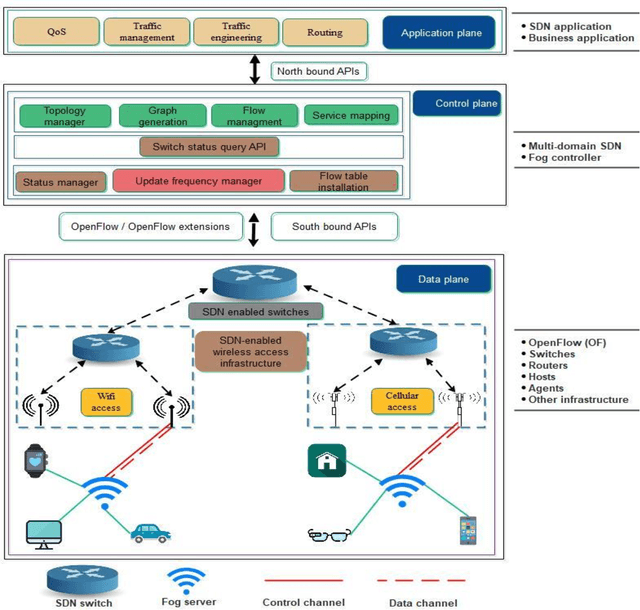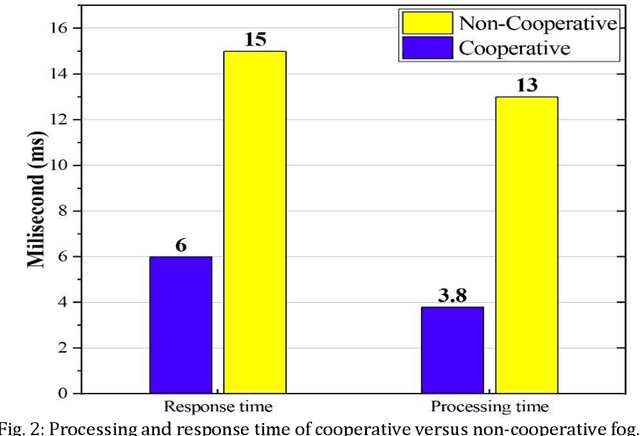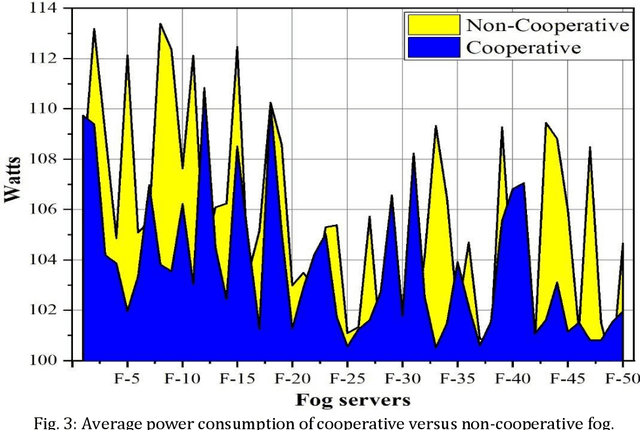Saif ul Islam
Susceptibility of Continual Learning Against Adversarial Attacks
Jul 14, 2022



Abstract:The recent advances in continual (incremental or lifelong) learning have concentrated on the prevention of forgetting that can lead to catastrophic consequences, but there are two outstanding challenges that must be addressed. The first is the evaluation of the robustness of the proposed methods. The second is ensuring the security of learned tasks remains largely unexplored. This paper presents a comprehensive study of the susceptibility of the continually learned tasks (including both current and previously learned tasks) that are vulnerable to forgetting. Such vulnerability of tasks against adversarial attacks raises profound issues in data integrity and privacy. We consider all three scenarios (i.e, task-incremental leaning, domain-incremental learning and class-incremental learning) of continual learning and explore three regularization-based experiments, three replay-based experiments, and one hybrid technique based on the reply and exemplar approach. We examine the robustness of these methods. In particular, we consider cases where we demonstrate that any class belonging to the current or previously learned tasks is prone to misclassification. Our observations, we identify potential limitations in continual learning approaches against adversarial attacks. Our empirical study recommends that the research community consider the robustness of the proposed continual learning approaches and invest extensive efforts in mitigating catastrophic forgetting.
Power and Performance Efficient SDN-Enabled Fog Architecture
May 30, 2021


Abstract:Software Defined Networks (SDNs) have dramatically simplified network management. However, enabling pure SDNs to respond in real-time while handling massive amounts of data still remains a challenging task. In contrast, fog computing has strong potential to serve large surges of data in real-time. SDN control plane enables innovation, and greatly simplifies network operations and management thereby providing a promising solution to implement energy and performance aware SDN-enabled fog computing. Besides, power efficiency and performance evaluation in SDN-enabled fog computing is an area that has not yet been fully explored by the research community. We present a novel SDN-enabled fog architecture to improve power efficacy and performance by leveraging cooperative and non-cooperative policy-based computing. Preliminary results from extensive simulation demonstrate an improvement in the power utilization as well as the overall performance (i.e., processing time, response time). Finally, we discuss several open research issues that need further investigation in the future.
 Add to Chrome
Add to Chrome Add to Firefox
Add to Firefox Add to Edge
Add to Edge